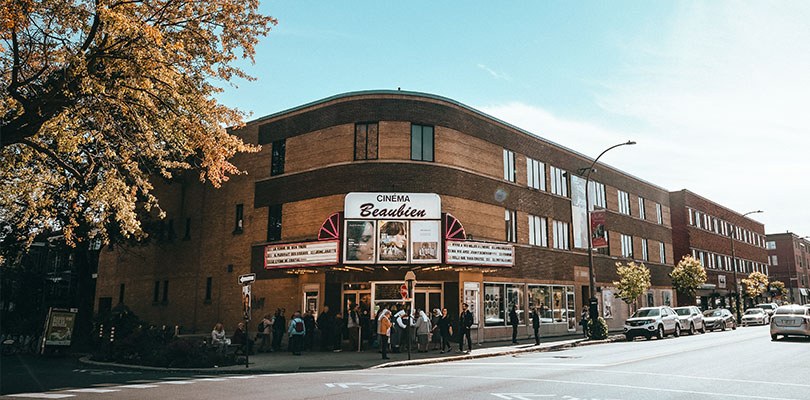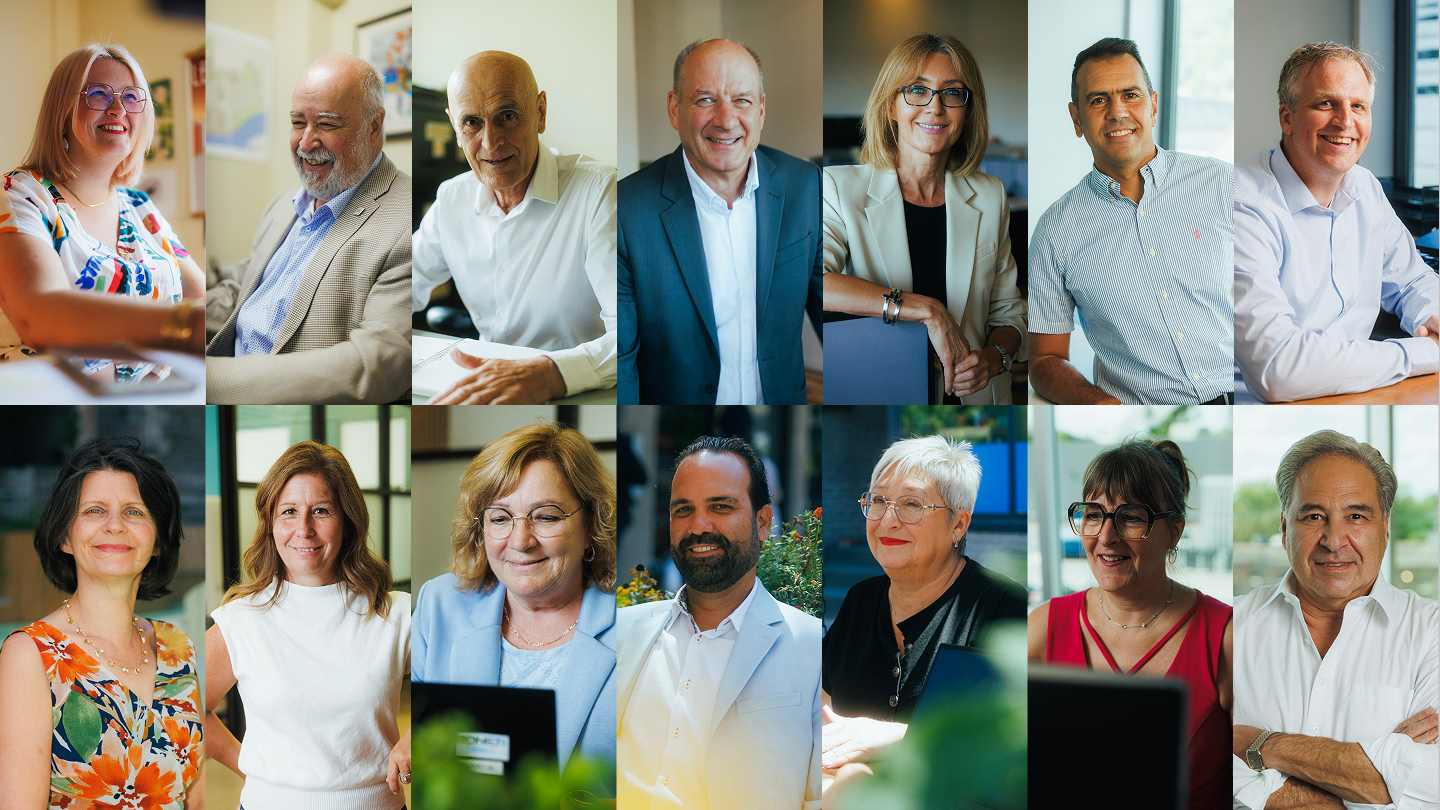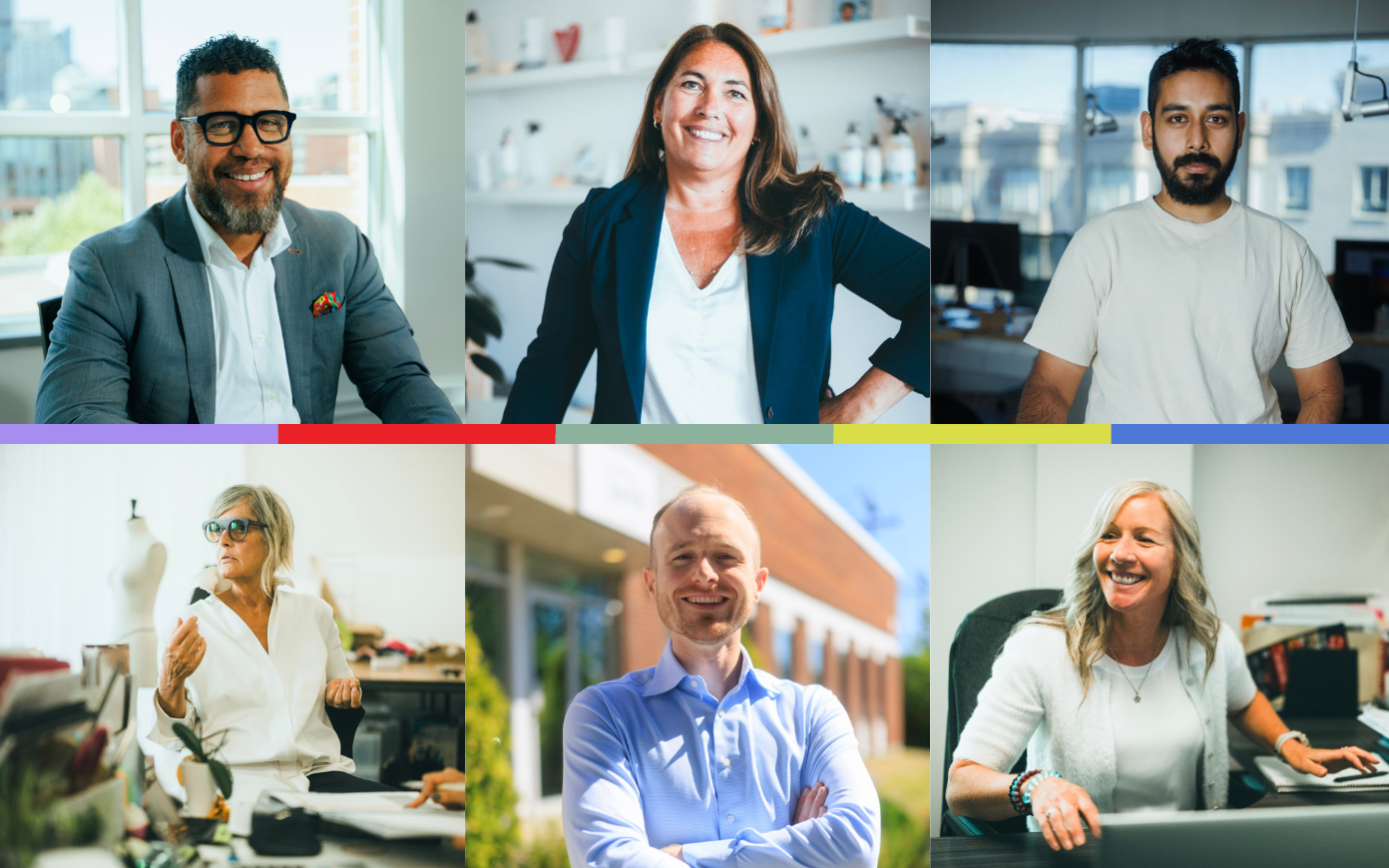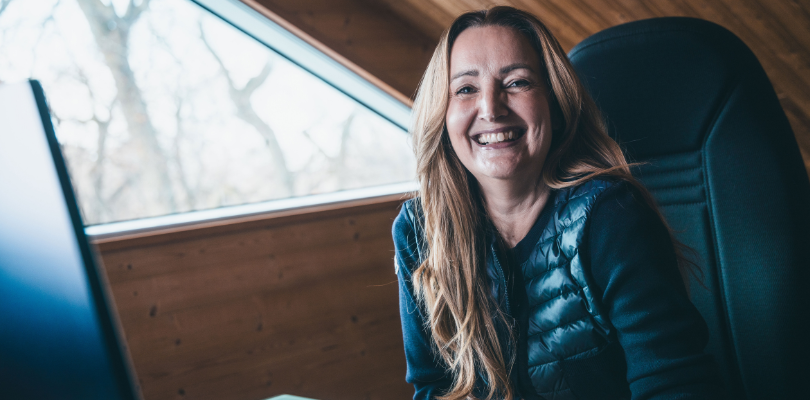Sustainable development: Myths and truths
Topic: Sustainable development
Step: Launching
20 April 2022

Sustainable development (SD) is here to stay, but there are still some barriers to overcome to highlight the transformation for certain businesses. Here are three myths that must be debunked in order to move forward in this area.
Myth no 1: Being sustainable doesn’t go hand-in-hand with being profitable
Melissa Stoia, Director – Sustainable Development and Circular Economy and Coordinator for Synergie Montréal, vehemently disagrees. “The two can coexist. A development-based business strategy has many advantages, including higher-quality products that are more reliable and add more value, which enables the business to rise above the competition.”
A shining example of this is Greensolv. The Pointe-Claire-based SME designed immersion tanks for stripping paint from motor vehicle parts using a reliable solution with low environmental impact, unlike its main American competitor, which is known for the high toxicity of its paint stripper. In addition, its immersion tanks can treat 10 times as many parts at the same time, which largely offsets the higher cost — more than double — of Greensolv tanks compared to its competitor. This approach has resulted in the SME experiencing a remarkable growth in sales. Proof positive that being environmentally conscious can also be profitable!
Another good reason to focus on sustainable development is that it is now much easier to obtain financial support. “There are numerous financial products available in the form of loans, grants and even risk capital. Lack of funding is no longer a valid reason,” Melissa Stoia continues.
Now is the time to act, whether the business is in the start-up phase or well established. Of course, in the latter case, it may be more difficult – but not impossible – to revise business practices, including manufacturing methods and eco-responsible processes, than to adopt them from the outset.
Ms. Stoia reiterates: “Protecting the environment is a core value in the eyes of the younger generations. Undertaking the SD shift makes a business more attractive.” Against the backdrop of a labour shortage, it’s another good argument for moving in this direction.
Myth no 2: Sustainable development is just a distraction
In reality, sustainable development is a driver of innovation when it resides at the core of a company’s operations. Consider Maçonnerie Gratton for example. For the Company and for President Tommy Bouillon, SD is at the centre of its activities, including recovering old bricks and protecting the health of its masons. With partners like PME MTL, Maçonnerie Gratton developed a mobile device that cleans bricks and restores them to their original condition. They can then be reused for masonry work. The machine makes the task of cleaning bricks more efficient, and above all, safer for employees. The Company also wins in terms of environmental performance, because this process produces a significantly lower volume of waste. This innovation has already proven to be profitable, and that’s not even taking into account the potential for commercialization.
According to Melissa Stoia: “A cosmetic approach is to be avoided at all costs. The sustainable development plan must be integrated into the company’s strategic planning. This may involve changing the angle of attack and asking how we can generate the greatest impact. Undertaking the SD shift can be done in stages within a wider-reaching project of change, and support is available.”
Myth no 3: I operate a service business, so it doesn’t apply to me
Sustainable development doesn’t only apply to product manufacturers. Service businesses are in a position to select eco-responsible equipment, eliminate waste at the source and influence their clientele.
Melissa Stoia explains: “As a supplier, you can guide clients toward more sustainable options, and thus become a vector of change. One good example is an architectural firm that advises its clients with respect to various certifications (LEED, BOMA BEST, WELL or others), which represent benchmark certifications in the area of sustainable buildings.”
There are also organizations that have adopted a mission of helping businesses make the shift toward SD. Retournzy, a solidarity cooperative, offers a service to restaurants, caterers and institutions whereby they use reusable containers instead of disposable ones. In the case of Espace de concertation sur les pratiques d'approvisionnement responsable (ECPAR), they offer tools and support aimed at promoting sustainable procurement and sustainable development within supply chains.
“Service businesses have enormous potential for wielding influence, and they need to take advantage of it,” Melissa Stoia concludes.
Articles
Des entrepreneurs qui font la différence
PME MTL vous propose des guides pratiques pour vous accompagner à chaque étape de votre parcours. Gagnez du temps avec des ressources conçues pour répondre à vos besoins spécifiques.




